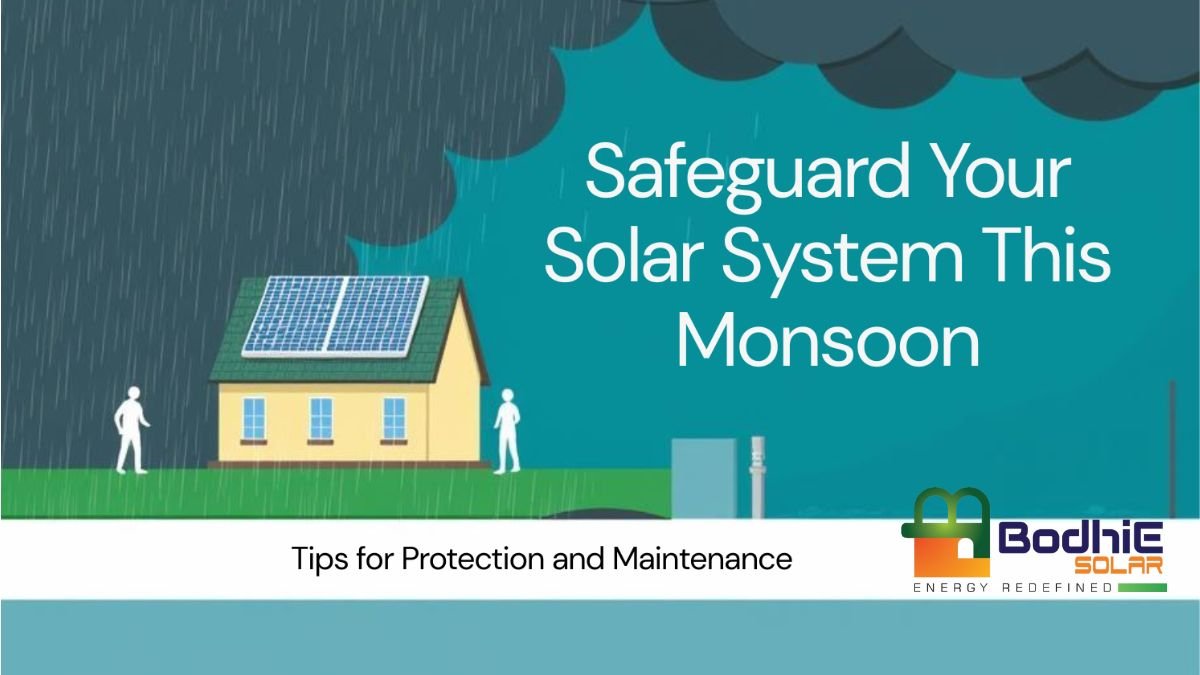An inverter plays an important role when investing in a solar energy system, determining the system’s efficiency, safety, and return on investment. String inverters and microinverters are two of the most common types used in Indian installations. What is the best option for your rooftop or commercial setup in India?
What Are String Inverters?
String inverters are the most commonly used type in India. The DC power from all the solar panels is converted into AC electricity by a single inverter that connects them all together (a “string”).
Pros of String inverters:
- Cost-effective: Lower upfront wattage costs
- Proven technology: Widely used across India
- Simple design: Easy to install and maintain in large setups
- Compatible with net metering and grid-tied systems
Cons:
- Performance bottleneck: If one panel underperforms (shade, dust, etc.), the whole string suffers
- Monitoring is limited: Only monitors string-level performance, not individual panels
- Not ideal for complex rooftops: Needs uniform tilt and orientation
What Are Microinverters?
Microinverters are small inverters installed on each solar panel, converting DC to AC right at the source.
Pros of microinverters:
- Panel-level optimization: Each panel works independently, maximizing total output
- Excellent for shaded or complex rooftops: Handles different angles and orientations well
- Real-time monitoring: Allows individual panel-level performance tracking
- Safety: Lower DC voltage on rooftops, reducing fire risk
Cons:
- Higher upfront cost: More expensive than string inverters
- Service complexity: Repairs may require accessing individual panels
- Less common in large utility-scale Indian projects
Which Is Better for Indian Conditions?
Feature
Points | String Inverter | Microinverter |
Cost | More affordable | Expensive |
Best Use Case | Open, un shaded rooftops | Shaded, multi-orientated rooftops |
Efficiency in the shade | Low | High |
Monitoring | Basic | Advanced |
Maintenance | Easy | Complex |
ROI Timeline | Faster Initially | Better in Long Term |
Ideal Choice by Installation Type
- Residential (Shade / Complex Roofs): Microinverters are ideal for homes with obstacles like water tanks, trees, or non-uniform rooftops.
- Residential (Clear Rooftops): String inverters offer a budget-friendly and effective solution.
- Commercial / Industrial: String inverters dominate due to their scalability and cost benefits.
- Premium Homes & Villas: Microinverters ensure best performance and energy output.
Bodhie Solar’s recommendation
Having been appointed by the MNRE as a solar company in Kerala, Bodhie Solar evaluates every site individually to recommend the best inverter technology.
- For budget-sensitive customers: High-quality string inverters from brands like Solis, Sungrow, Growatt and Fronius
- For premium/complex rooftops: Enphase microinverters or hybrid setups
We balance performance, cost, safety, and subsidy eligibility to deliver the best value.
Final verdict:
If You Want…
Maximum performance under all conditions, then Microinverter.
Lower initial cost with decent performance, then String inverter.
For Advanced monitoring and safety, go for Micro-inverter.
For Simple, large-scale setup, then String inverter
What is the best inverter for your needs? Get a free consultation and site visit from Bodhie Solar today. Our team will help you choose the perfect inverter setup based on your location, budget, and energy needs — while also ensuring MNRE compliance and subsidy support!!


Leave A Comment